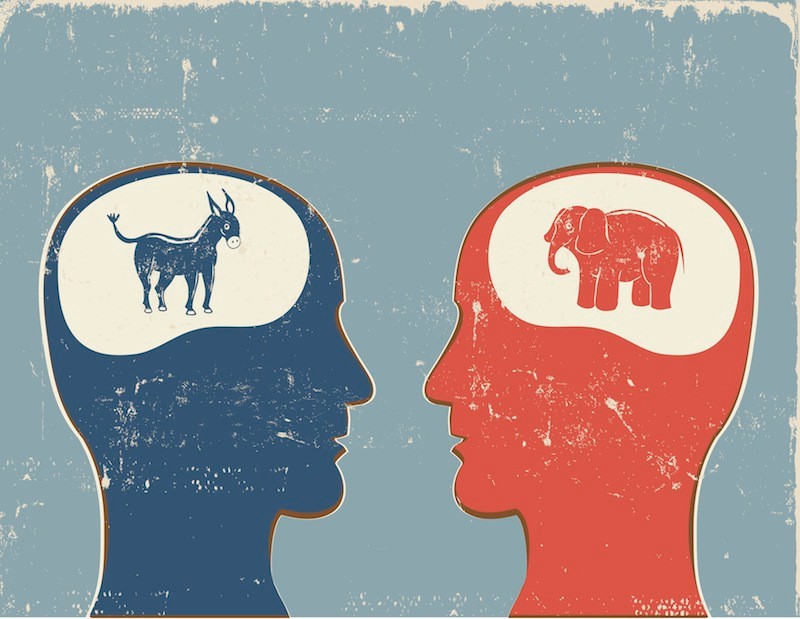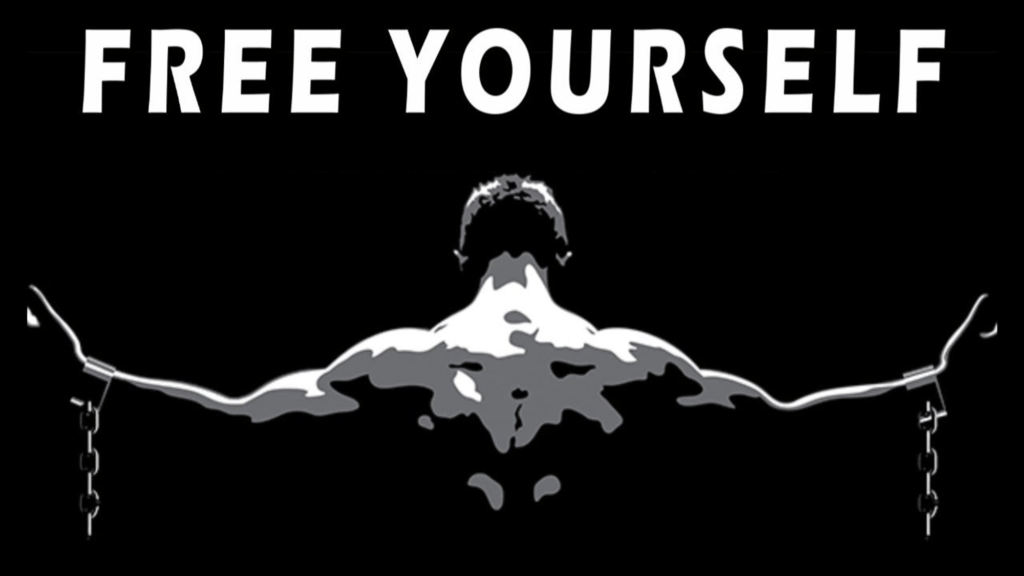Mindsets and Political Affiliation

I recently partnered with Aimpoint Research to investigate how mindsets might differ across different demographic profiles, including political affiliation, income level, gender, education level, generation, geographic region (in the United States). I am finding the results quite interesting. In the next several articles, I will be sharing the results of this effort. This week, I’ll […]
How Our Prevention or Promotion Mindset Affects Us

Mindsets are specific, recognizable, and repeatable orientations to our life’s experiences. They are specific, recognizable, and repeatable because they are strong neural connections in our brain that our brain primarily relies upon to make sense of and respond to our world. For example, when you are faced with any of the following situations, your mindsets […]
How to Enhance Our Psychological Flexibility

I have a six-year-old son who is in speech therapy. I listened in to one of his sessions this week, where he worked on his “th” sound. He tends to do an “s” sound when the “th” sound is needed. So, instead of “tooth,” often it comes out as “toose.” The whole point of speech […]
The Two Keys to Improving Your Mindsets

Because of the foundational role your mindsets play in how you live your life, improving your mindsets is life-transforming. It has been for me. I focus on four sets of mindsets that range from negative to positive. Before I knew anything about mindsets, I used to be on the negative side of each of the […]
An Indicator for Identifying Your Self-Limiting Beliefs

This seems simplistic, but it is reality: One of the things that I have learned is that when we have beliefs structured around an “either-or,” it is generally a signal that we are holding an incorrect belief that is limiting us. For example, what if you believe that you can have either money “or” happiness? […]
